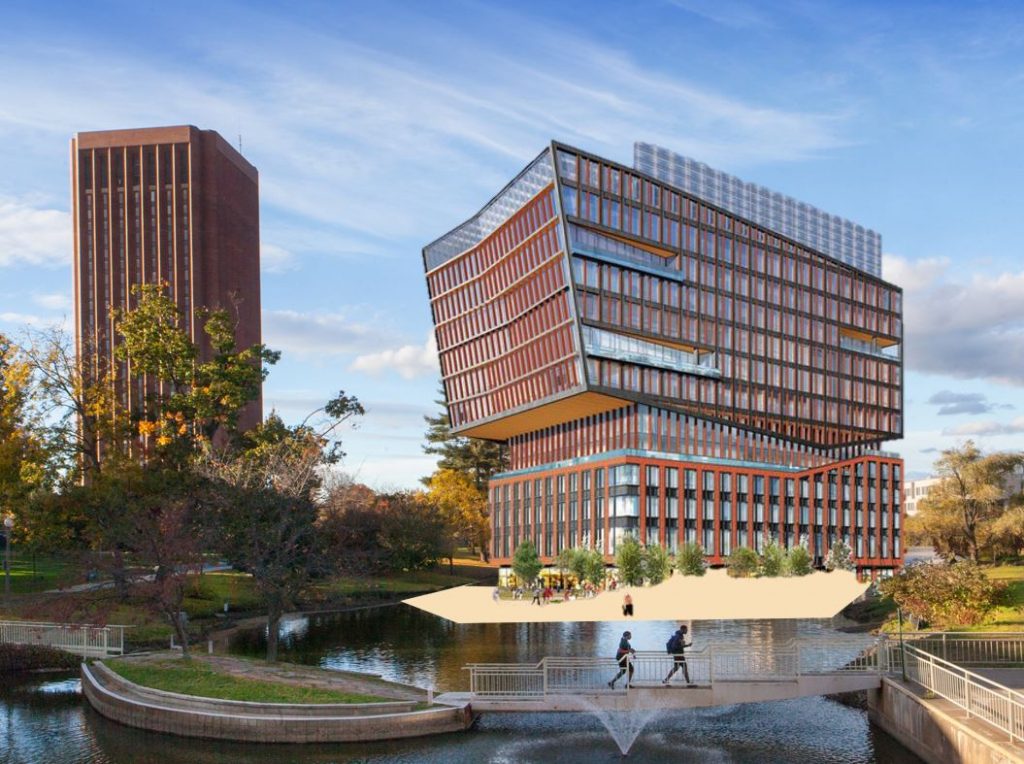
Excuse me, it’s been a while since I have written; there have been technical difficulties in putting out the newsletter. But frankly, I was feeling malaise after the initial hope in June that the pandemic was over. I’m allowing myself to feel hopeful again as the case numbers continue to decrease and the vaccination rate continues to rise. We are having in-person seminars again and it feels great to be in the presence of people and have those little unplanned conversations, which are so important in science. To help those along, I’m excited that we’ll be hosting an Interdisciplinary Neuroscience, Computer Science, & Engineering Poster Conference on Tuesday, November 2nd. Researchers from three colleges will be meeting and sharing their work and getting to know one another to build collaborations. Much of the future of neuroscience lies in collaborative team science that incorporates the skills and expertise of computer scientists and engineers. To build the bridges across disciplines, we have started a series of faculty forums to allow faculty meet and find the threads that can be woven together into new and interesting patterns. I’m excited to see what new ideas emerge from these.














